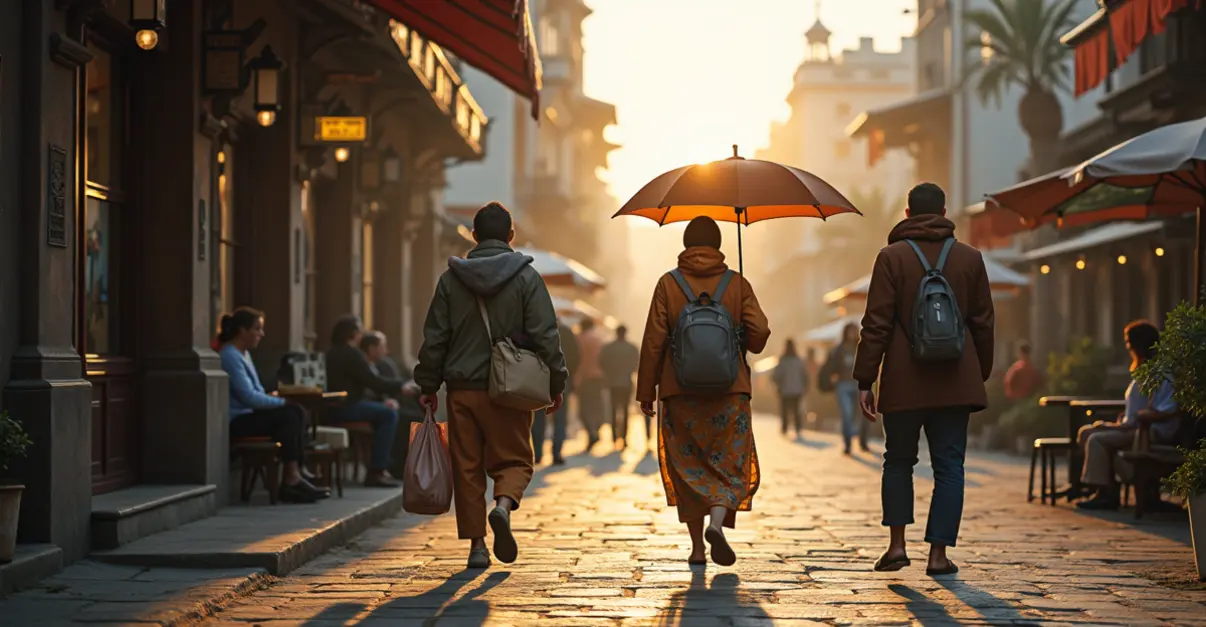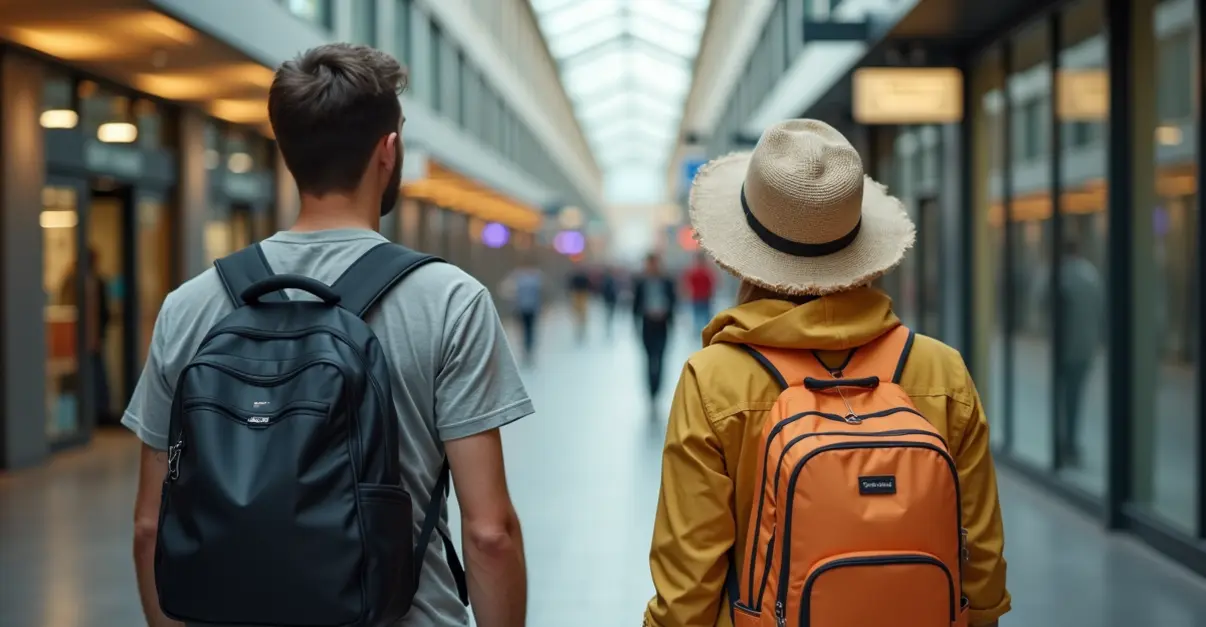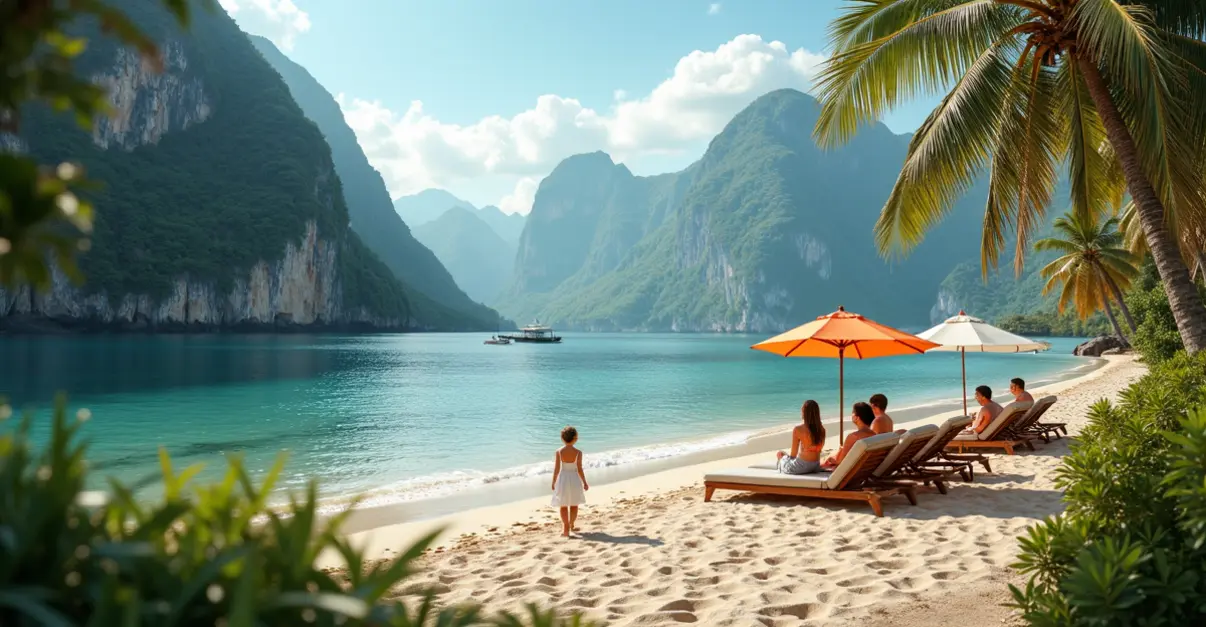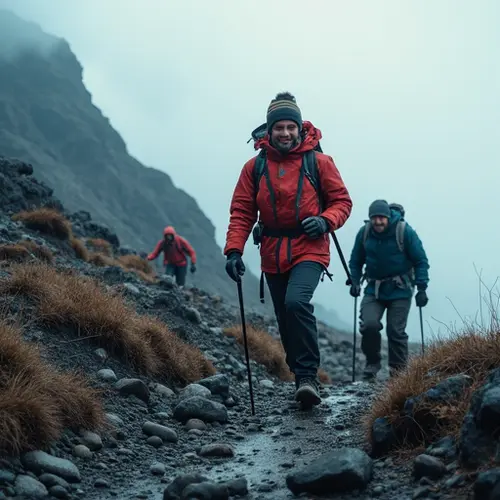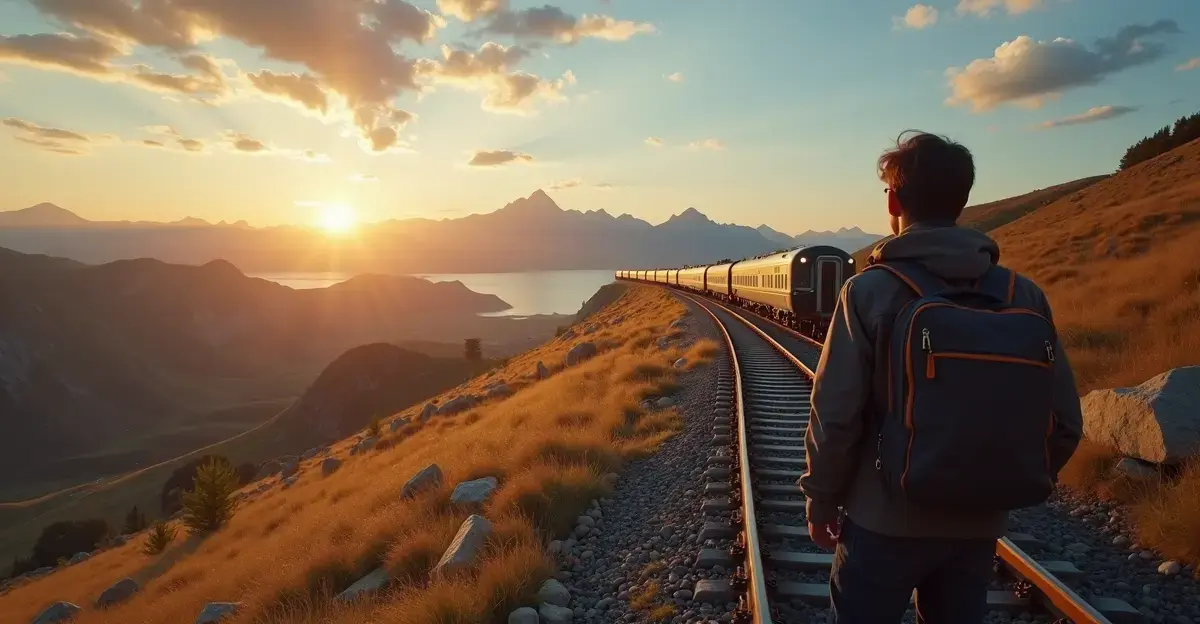The Rise of Slow Travel in 2025
In an era dominated by fast-paced tourism and bucket-list checkboxes, a quiet revolution is reshaping how we explore the world. Slow travel, a philosophy advocating for fewer trips but deeper cultural immersion, is gaining significant momentum in 2025. This movement encourages travelers to spend extended time in fewer destinations, prioritizing meaningful connections over frantic sightseeing.
What Exactly is Slow Travel?
Slow travel isn't about moving at a snail's pace—it's about traveling with intention and mindfulness. As travel expert Sarah Johnson explains, 'Slow travel is the art of experiencing more by doing less. It's about quality over quantity, depth over breadth.' The movement emerged from the broader slow movement that began with Carlo Petrini's protest against fast food in 1986, evolving into a comprehensive approach to mindful living.
According to recent data from Hilton's 2025 Trends Report, 74% of travelers now seek local recommendations, while 73% prioritize authentic experiences even when traveling with children. This represents a fundamental shift from traditional tourism to more meaningful exploration.
Why Slow Travel is Gaining Popularity
The appeal of slow travel lies in its multiple benefits. 'When you stay in one place for weeks instead of days, you stop being a tourist and start becoming part of the community,' says Marco Rodriguez, founder of Slow Nomad Collective. This approach reduces environmental impact through fewer flights and supports local economies by patronizing small businesses rather than international chains.
Environmental consciousness is a major driver, with 73% of travelers actively working to minimize their environmental footprint. The movement also addresses mental health concerns, offering an antidote to travel burnout and the stress of packed itineraries.
Practical Implementation of Slow Travel
So how does one practice slow travel in 2025? The approach involves several key strategies:
Extended Stays: Instead of visiting multiple cities in a week, travelers are choosing to spend 2-4 weeks in a single location. Destinations like Sardinia, Italy, have seen a 90% year-over-year increase in extended-stay American visitors, according to Conrad Chia Laguna.
Local Immersion: Travelers are participating in cooking classes, artisan workshops, and community events. 'The magic happens when you learn to make pasta from a nonna in Italy or participate in a traditional tea ceremony in Japan,' notes cultural anthropist Dr. Elena Martinez.
Sustainable Transportation: Walking, biking, and using public transport become primary modes of exploration. European rail travel has seen a significant uptick as travelers embrace slower, more scenic journeys.
Digital Detox: Many slow travelers are consciously reducing screen time to be more present in their surroundings, with digital detox retreats becoming increasingly popular.
Destinations Embracing Slow Travel
Certain locations have become hotspots for the slow travel movement. Portugal's Alentejo region, Japan's Shikoku Island, rural Costa Rica, and Georgia (the country) are attracting travelers seeking authentic experiences away from tourist crowds. Bodrum, Türkiye, has experienced a 52% increase in website traffic for extended post-summer stays.
These destinations offer the perfect environment for slow travel with their rich cultural heritage, welcoming communities, and opportunities for deep immersion. As travel writer Noah Kim observes, 'The most memorable moments often come from unexpected interactions—the conversation with a local baker, the invitation to a family dinner, the discovery of a hidden viewpoint known only to residents.'
The Future of Travel
Slow travel represents more than just a trend—it's a fundamental shift in how we approach exploration. With remote work flexibility enabling longer stays and growing environmental awareness shaping travel choices, this movement is likely to continue growing. As one seasoned traveler put it, 'Slow travel isn't about seeing everything; it's about experiencing something deeply.'
The movement aligns perfectly with the principles of the original slow movement, which Geir Berthelsen's World Institute of Slowness envisioned as creating a 'slow planet' where quality of experience takes precedence over quantity of destinations.

 Nederlands
Nederlands
 English
English
 Deutsch
Deutsch
 Français
Français
 Español
Español
 Português
Português
